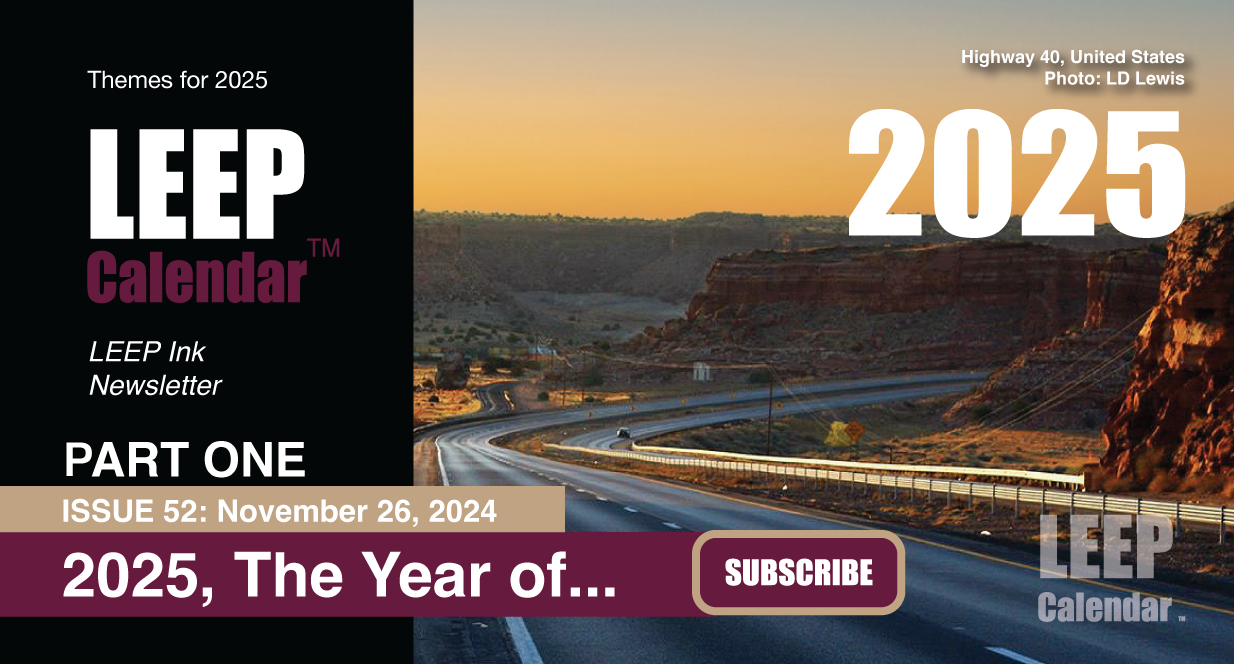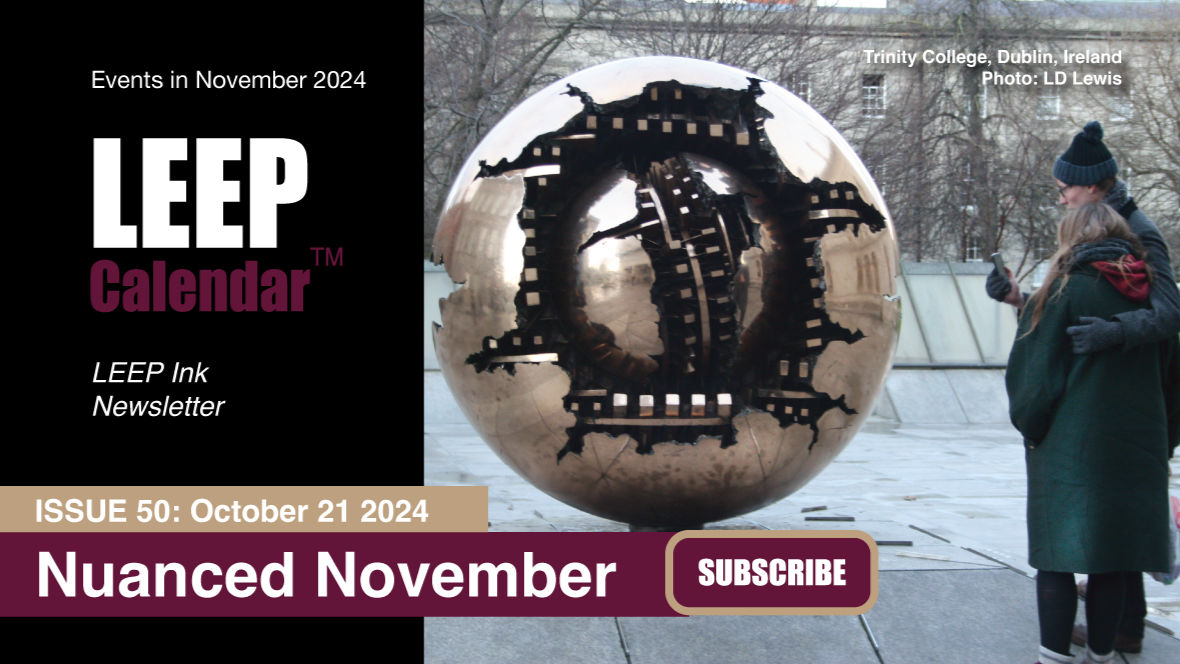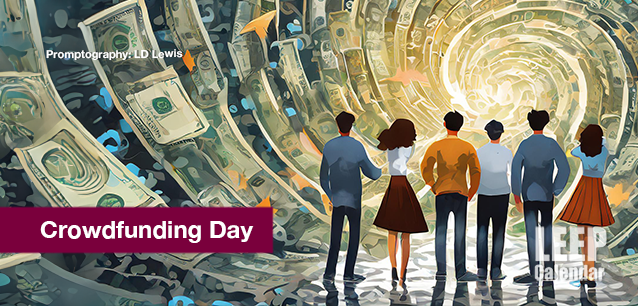 AD
AD
Today is: December 27
Scroll to explore events active on this date.
LEEP INK FEATURES

2025 is the Year of...
21 Themes and 'Year of' Events for 2025 PART ONE, THE FIRST 12 Every year, various organizations announce the theme for the year. These themes can focus on causes, such as aesthetics and color tre...

Nuanced November 2024
November is the start of the holiday season in many parts of the world. It is a time for family, football, food, shopping and decorating, particularly in the Christian and Jewish world, leading to Christmas and...

December's Gift
Events in December 2024. Well, we made it to December. December is the holiday season, particularly in Western nations, where Christianity and Judaism are the faiths most common in the nation's past. ...
About Crowdfunding Day
United States
Ends: Mar 14, 2025
DESCRIPTION:
CROWDFUNDING DAY
Crowdfunding, the practice of funding a project or venture by raising small amounts of money from many people, has revolutionized how entrepreneurs, artists, and innovators bring their ideas to life. Its history is a testament to human ingenuity and the power of collective support, evolving from modest beginnings to become a key player in the global finance landscape.
The concept of pooling resources for a common goal has been introduced previously, with historical precedents dating back centuries. However, the modern incarnation of crowdfunding began to take shape in the late 1990s and early 2000s, fueled by the advent of the internet and social media. These technological advancements made it possible to reach a broad audience quickly and efficiently, laying the groundwork for the crowdfunding model.
One of the earliest and most notable examples of online crowdfunding was in 1997 when British rock band Marillion raised $60,000 through an internet campaign to fund their North American tour. This successful endeavor demonstrated the potential of online fundraising, showing that fans and supporters were willing to financially back projects they believed in.
The early 2000s saw the emergence of dedicated crowdfunding platforms, providing a structured fundraising environment. ArtistShare, launched in 2003, is considered the first official crowdfunding website to support musicians and artists. It was followed by the launch of other platforms like Kickstarter in 2009, Indiegogo in 2008, and GoFundMe in 2010, each catering to different projects and needs.
Kickstarter, in particular, became synonymous with crowdfunding, offering a space for creative projects across various fields, from film and music to technology and publishing. Its model, which rewards backers with tiered rewards based on their contribution level, became a standard in the industry.
Legislative changes in various countries further bolstered the growth of crowdfunding. In the United States, the Jumpstart Our Business Startups (JOBS) Act of 2012 marked a significant milestone, easing securities regulations for broader participation in funding startups and small businesses through crowdfunding platforms.
Today, crowdfunding is a multi-billion-dollar industry, with platforms catering to diverse sectors, including equity crowdfunding, peer-to-peer lending, and donation-based campaigns. It has democratized access to funding, allowing entrepreneurs, artists, and individuals facing personal emergencies or pursuing charitable causes to reach out to a global community for support.
Crowdfunding's history reflects its adaptability and the changing landscape of finance and philanthropy. From helping bands tour to launching innovative products, from supporting art projects to aiding disaster recovery, crowdfunding has shown that collective action through small contributions can have a profound impact. Its evolution continues as platforms explore new technologies, such as blockchain, to enhance transparency and trust among users further, promising an exciting future for this collaborative approach to fundraising.
VIDEOS
SUPPORTING DOCUMENTS
Currently, this event does not have supporting documents.
ADDITIONAL IMAGES
Currently, this event does not have supporting images.
Where would you like to go now?
 AD
AD


/footer-logo.svg)
